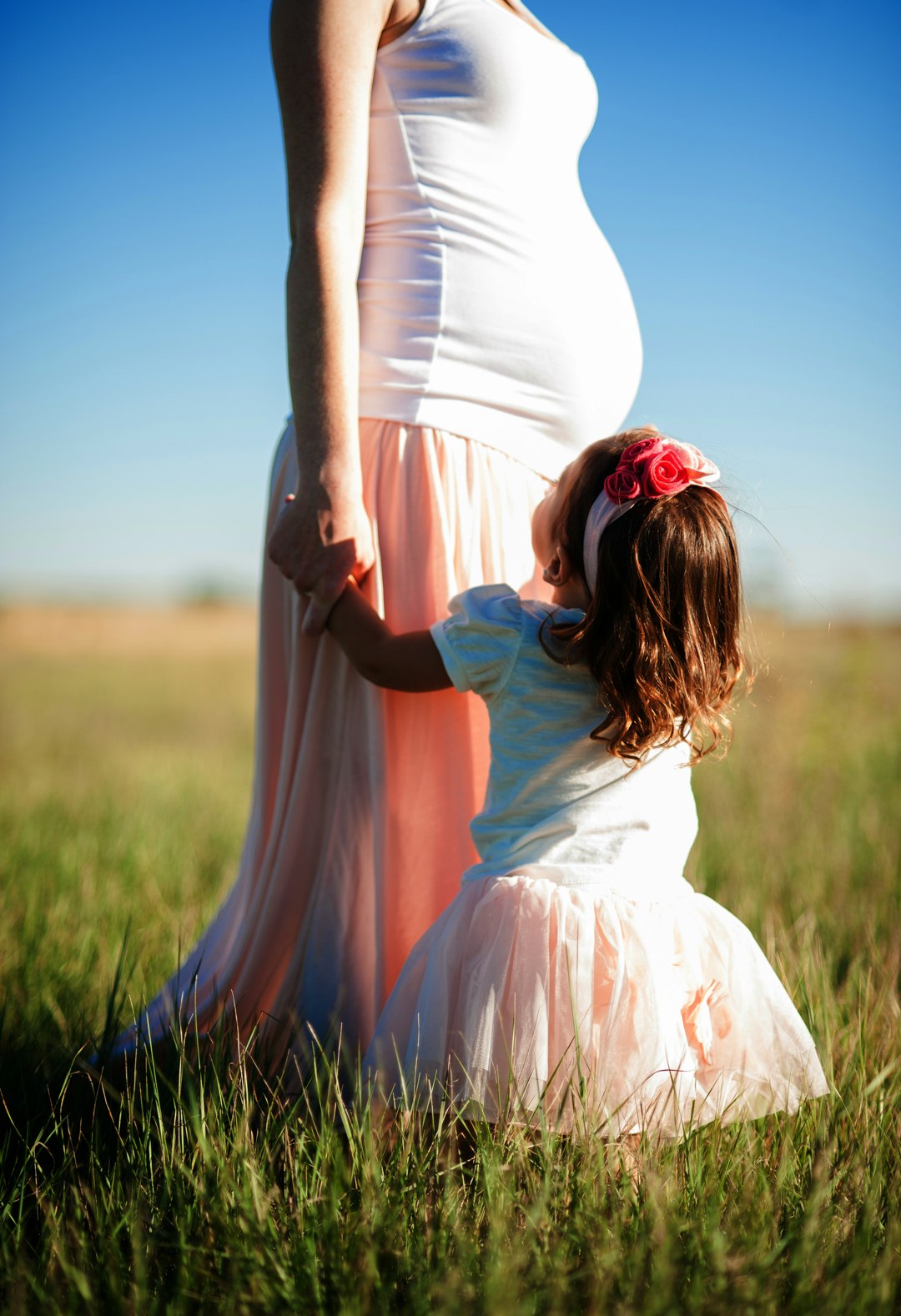Postpartum Depression has been in the news quite a lot lately, with many celebrities coming out to talk about their experiences. There is even a movie coming out with Sarah Silverman in which she plays a mother struggling with anxiety and depression.
So now that it's out there and we're hearing more about postpartum depression - can we expand the conversation to other mental health issues that might arise for new moms?
You may not be aware, but there's more to postpartum mental health than just PPD. Besides postpartum depression, some women experience postpartum anxiety, postpartum Obsessive Compulsive Disorder, postpartum psychosis and even postpartum PTSD.
Keep reading to learn more about these conditions and find out how to get help...
Postpartum Anxiety
The Stats
Roughly 10% of postpartum women will develop anxiety. Sometimes the anxiety can be in conjunction with depression.
What does it look like?
While it's normal for a new mom to be anxious, if you find yourself experiencing feelings of worry in excess can make it difficult for mom and baby alike. Here are the symptoms to look for if you think you or someone you know might have PPA.
- Constant worry
- Feeling that something bad is going to happen
- Racing thoughts
- Disturbances of sleep and appetite
- Inability to sit still
- Physical symptoms: dizziness, hot flashes, nausea
How to get help
Sometimes PPA is treated with medication, sometimes it's best treated with talk therapy, and sometimes the answer is both. If you are experiencing any of these symptoms seek professional help. Tell your doctor or your child's pediatrician or contact a mental health professional. Additionally find support with friends and family. Opening up about how you're feeling can help you release some worry and tension and decrease your anxiety overall.
Postpartum OCD
The Stats
About 3-5% of new mothers will experience OCD like symptoms.
What does it look like?
More often than not mothers (and sometimes fathers) will begin to have repetitive, intrusive images and thoughts, typically centering around the baby. Parents find these thoughts frightening or disturbing. It is very rare that parents act upon these thoughts, but the disturbing nature of the thought is often enough to cause the parent great stress.
Symptoms may include:
- Obsessions which are persistent, repetitive thoughts or mental images related to the baby (these are upsetting thoughts that the mother hasn't experienced before)
- Compulsions, the mom may do certain things over and over to reduce her fears and obsessions.
- A sense of horror about the obsessions
- Fear of being let alone with the infant - not trusting oneself to care properly or not harm the baby
- Hyper-vigilance in protecting the infant
How to get help
It's not surprising that due to the nature of these thoughts, mothers are often afraid to seek help for fear that their baby will be removed from the home. However, receiving assistance from a mental health professional can greatly reduce these feelings, therefore it's important for parents to reach out. To find a counselor who specializes in OCD in your area start here.
Some mothers may feel more comfortable seeking information online or in books first, to help normalize their experience. In this case I recommend checking out: postpartum.net, postpartumprogress.com and online discussion forums of women talking about their PPOCD experience. Support groups can also be a great way of getting help for this condition.
Postpartum Psychosis
The Stats
Postpartum psychosis is rare, and occurs in about .1% of women about 2 weeks postpartum.
What does it look like?
I heard of someone who knew she needed to get help for postpartum psychosis when her pillows started talking to her. While that sounds a little funny, most PPP situations are not so. The experience can be frightening and disturbing for the mother to the point of suicide or infanticide (5% suicide rate, 4% infanticide rate).
Symptoms include:
- Delusions or strange beliefs
- Hallucinations (visual or auditory)
- Feeling very irritated
- Hyperactivity
- Decreased need for or inability to sleep
- Paranoia and suspiciousness
- Rapid mood swings
- Difficulty communicating at times
How to get help
If you recognize these symptoms in yourself or in someone you know it's time to seek help. Talking to your doctor, nurse or mental health professional is necessary to get the proper help you need. It's important to know that this period of psychosis is not permanent and with help can be taken care of.
Find additional information about postpartum psychosis here.
Postpartum PTSD
The Stats
Approximately 9% of women experience postpartum post-traumatic stress disorder after childbirth. (Typically this occurs in women who experienced a real/perceived trauma during delivery or postpartum).
What does it look like
- Intrusive re-experiencing of a past traumatic event
- Flashbacks or nightmares
- Avoidance of stimuli associated with the event.
- Persistent increased arousal
- Anxiety and panic attacks
- Feeling a sense of unreality and detachment
How to get help
The good news is that this, like most other postpartum mental health issues, is treatable with professional help. Contact your doctor or let your child's pediatrician know on your next visit, these feelings do not have to last and your doctor can help you get the services you need.
*Remember what's most important is the health and welfare of you and your baby. If you believe at anytime that harm is imminent make sure to call 911 or your local emergency care center.
image: Juan Galafa via Unsplash
resources: www.postpartum.net











